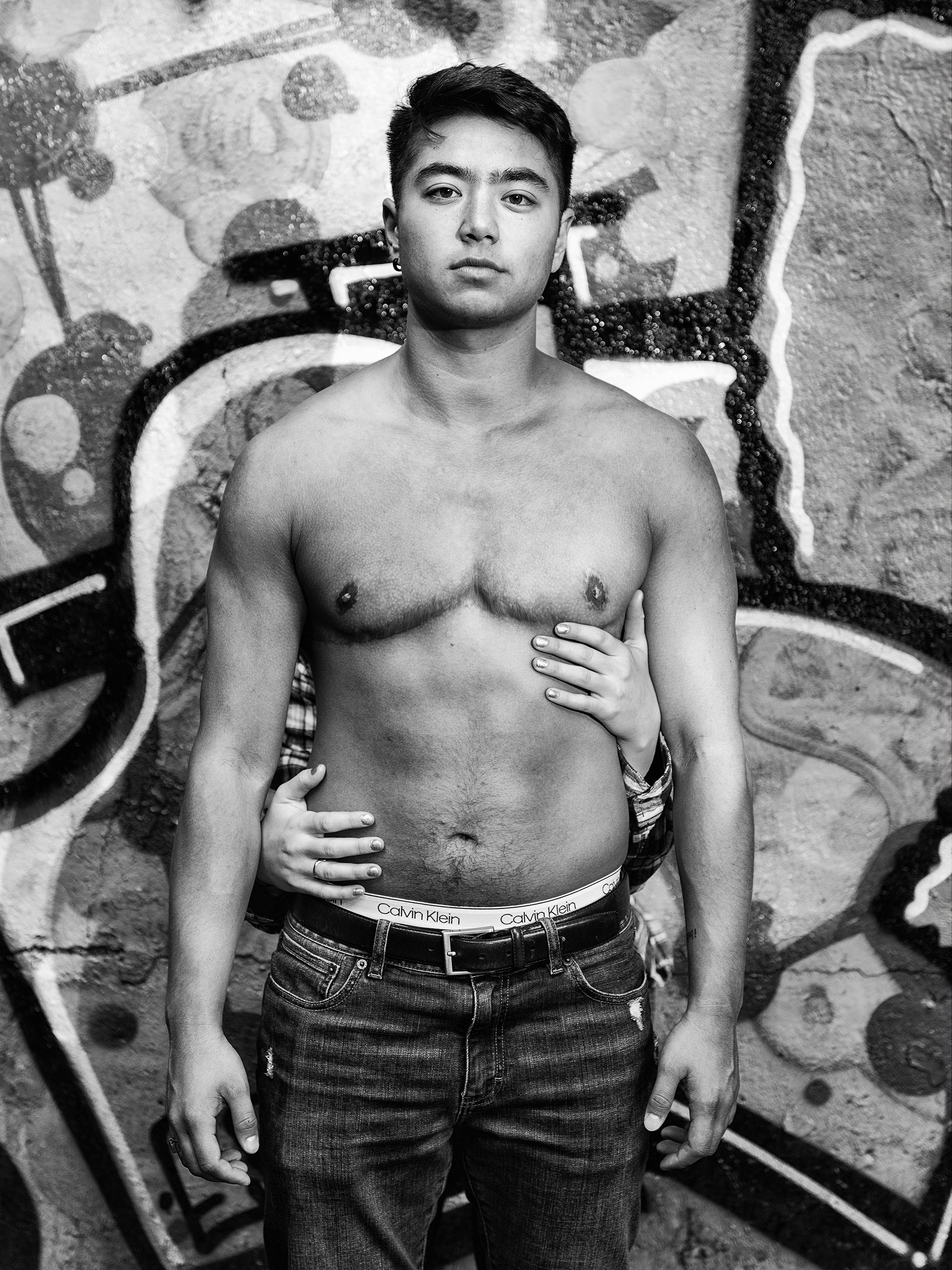Billy stood in the shallow seawater and waited patiently to be seen. He needed to be seen exactly as he was, and he needed to be seen now. The sun was setting on his thirteenth birthday and he was ready for what little remained of the miracles in the world.
Ever since he developed past the stage of object permanence as an infant, Billy became acutely aware of all things. His problems were specifically generic: he was easily engulfed by his surroundings and he swayed in the back of lines and he faltered behind every podium. He had a weak sense of self-presence and a high degree of self-consciousness. His default state was to be overwhelmed and his favorite activity was to compromise.
In his years ahead, Billy would live life passively. "Slowly with a sense of urgency," just like his girlfriend in college described the morning after they first had sex on his XL twin bed.
But before all that: thirteen year-old Billy tried to revert the immobile trajectory of passivity. He wanted to celebrate his thirteenth birthday by becoming someone new and strong and concrete. A rebirth sort of thing.
The plan began five months ago when his grandpa made an unexpected visit to the house for reasons he no longer remembered. What he did remember was the realization that gave birth to the plan: Billy felt the push and pull of an inexplicable power under the gaze of his soft-spoken grandfather. Under Grandpa’s wet and barren eyes, something inside Billy (below the heart, above the lungs) would purr and churn and he would feel real and alive for those two seconds before grandpa looked elsewhere. Grandpa’s gaze made Billy feel unguarded in a secure way and he was able to say what he wanted to say and do what he wanted to do. It was a strange and almost supernatural phenomenon to Billy, who ceased to believe in magic at a relatively young age.
In the years to follow he would find answers in the works of Jean-Paul Sartre, Edith Stein, and Jacques Lacan (in that precise order). The answers would never solve his problems because they are answers and not solutions.
But before all that: twelve year-old Billy devised a plan for the Billy who was thirteen. The next time he sees Grandpa, he would hold Grandpa’s gaze, remember what it looks like, and then pretend to live under it at all times. By branding those wet and barren eyes into his medial temporal lobe, twelve year-old Billy would breathe without anxiety.
It was with this earnest ambition in mind that Billy waited in the shallow water to be seen. Billy’s mother and grandpa stood on the shore and faced the water. Seen from afar, his mother’s eyes were unfocused and her lips barely moved.. Grandpa stared blankly at the water, as if he were counting the waves. The pebbles looked soft and smooth and Billy was afraid to touch them. He preferred to acknowledge their presence using his peripheral vision, which, as he would learn in the years to come, would also evolve into his preferred method of human interaction. Four minutes before the sunset, Billy’s mother picked up two pebbles and handed them over to grandpa, who wiped his palms on his old jeans before accepting the soft rocks with cupped hands.
Watching the scene made Billy feel like he was paralyzed in a critical juncture of the past and the present. He twitched his nervous fingers and braced himself for the metamorphosis. It was around that time that grandpa looked up. And so Billy, standing in the water with his legs slightly apart, saw the waves of the world rise and fall back down again.
By Jane Zhang.


